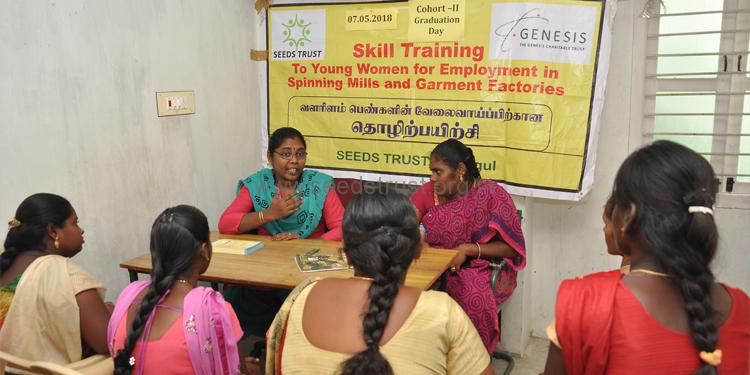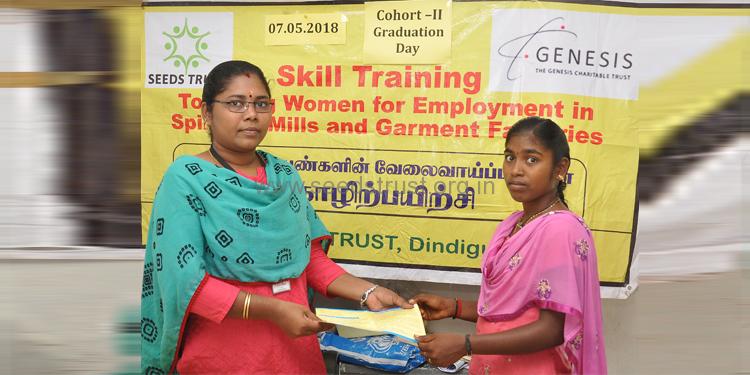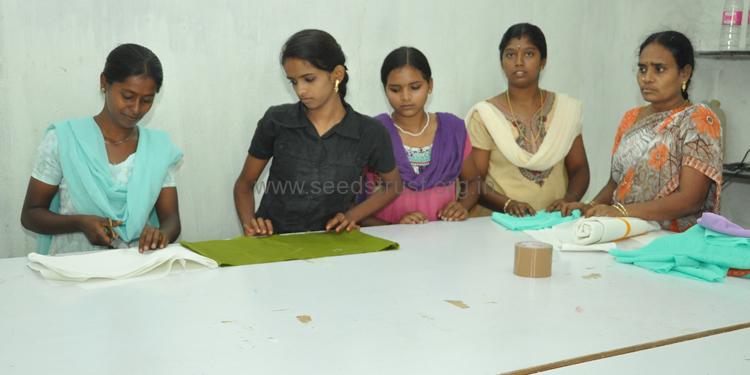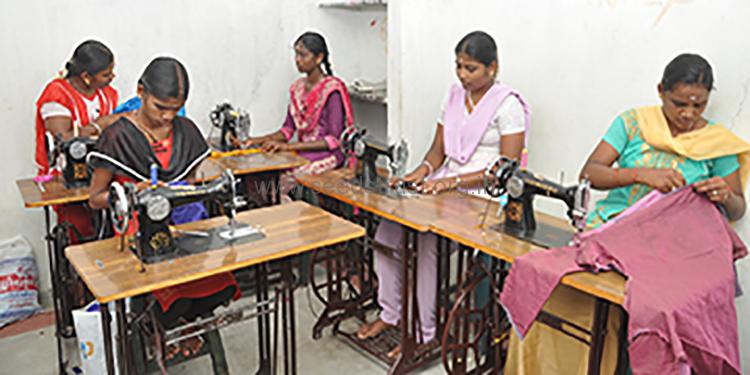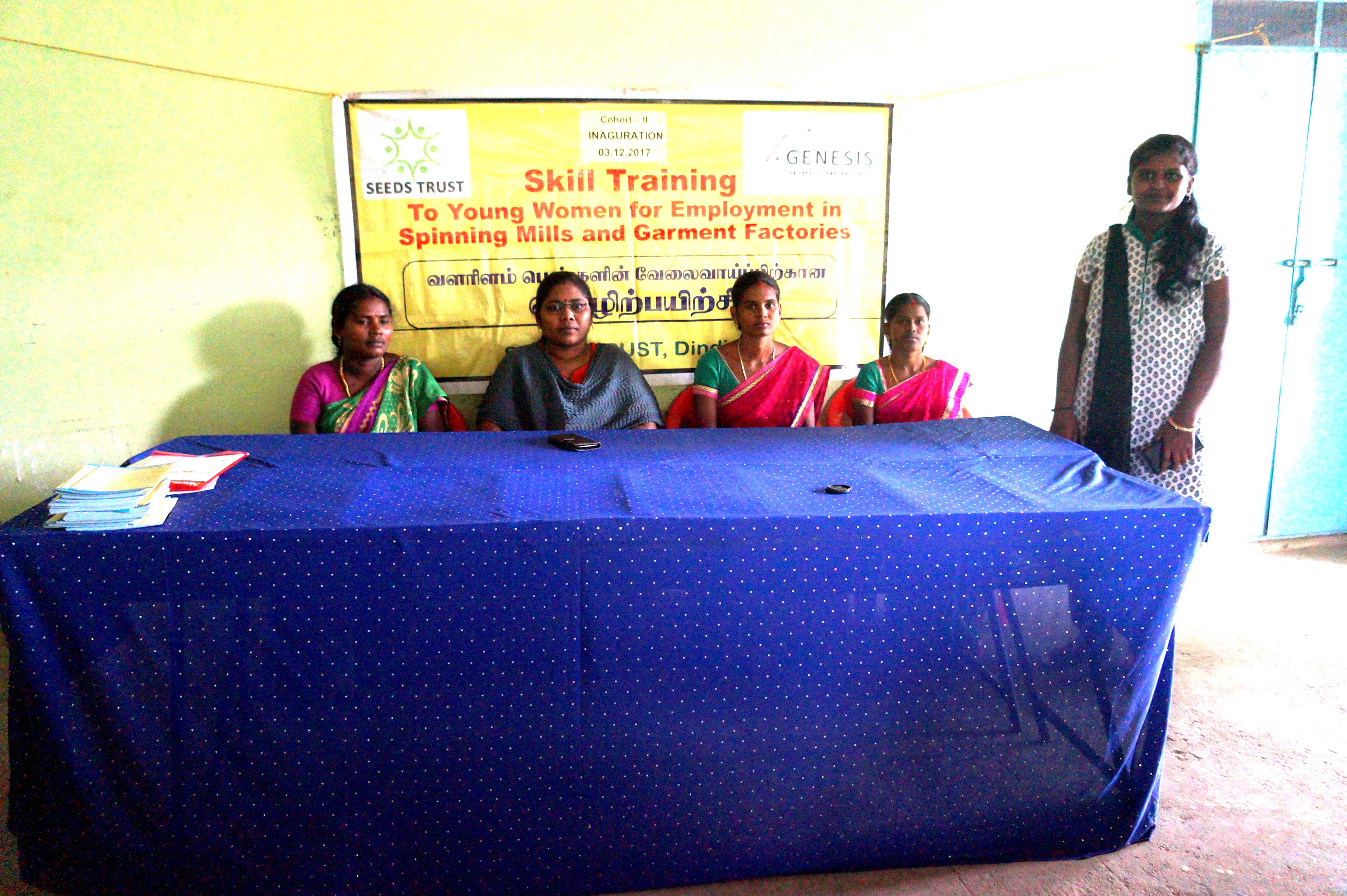RESCUE AND REHABILITATION OF WOMEN AND GIRLS WORKING UNDER MODERN SLAVERY SUMANGALI SCHEME

This is a project to rehabilitate the young women survivors of the bonded labour scheme existing in the textile mills in Tamilnadu (Dindigul is a textile hub, with may spinning mills. These employ teenage girls from nearby villages, promising huge sums of money for their marriage. But in reality they are bonded and made to work in unsafe, exploitative and poor working conditions, which is against the law in India. The Government often raids such work places and rescue these women and release them, but proper rehabilitation efforts are not done and they return to other forms of exploitative labour forms).
Following projects have been implemented to rehabilitate Sumangali workers:
Rescue and Rehabilitation of modern bonded labourers/Sumangali scheme workers
The project aims to engage such women through counseling of victimized women and girls, alternative jobs with dignity and to help them to raise sustainable income by running a group based Income Generation Activity. As the 1st step, 50 women will be given vocational skill training in Tailoring and garment making. Progressively, the 50 young women will be supported to start a garment production cum sales centre and to run this unit profitably under their own management and ownership.
The illiterate young women belonging to the poor SC and ST communities are lured to work in the textile and garment industries as bonded laborers through false promises. The low income and the persisting poverty in their homes are the compelling factors for the parents allowing their girl children as bonded laborers. Having no alternates, the poor girls have to stick on to bonded labor for their own and their family’s sustenance. If every family has a source for sustainable income the parents will not send their young daughters to work in the textile mills as bonded laborers.
Legal Aid to affected persons:
Four Parents whose girls died within the Textile mill campus and 28 adolescent girls who lost their fingers or seriously injured in accidents while working and 12 girls who left the work before completion of contract period and 20 other girls who completed the contract period and were denied payment of the scheme money were given legal consultation with lawyers and legal work for compensation.
